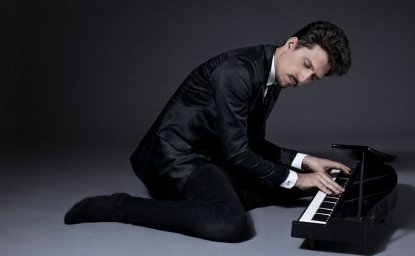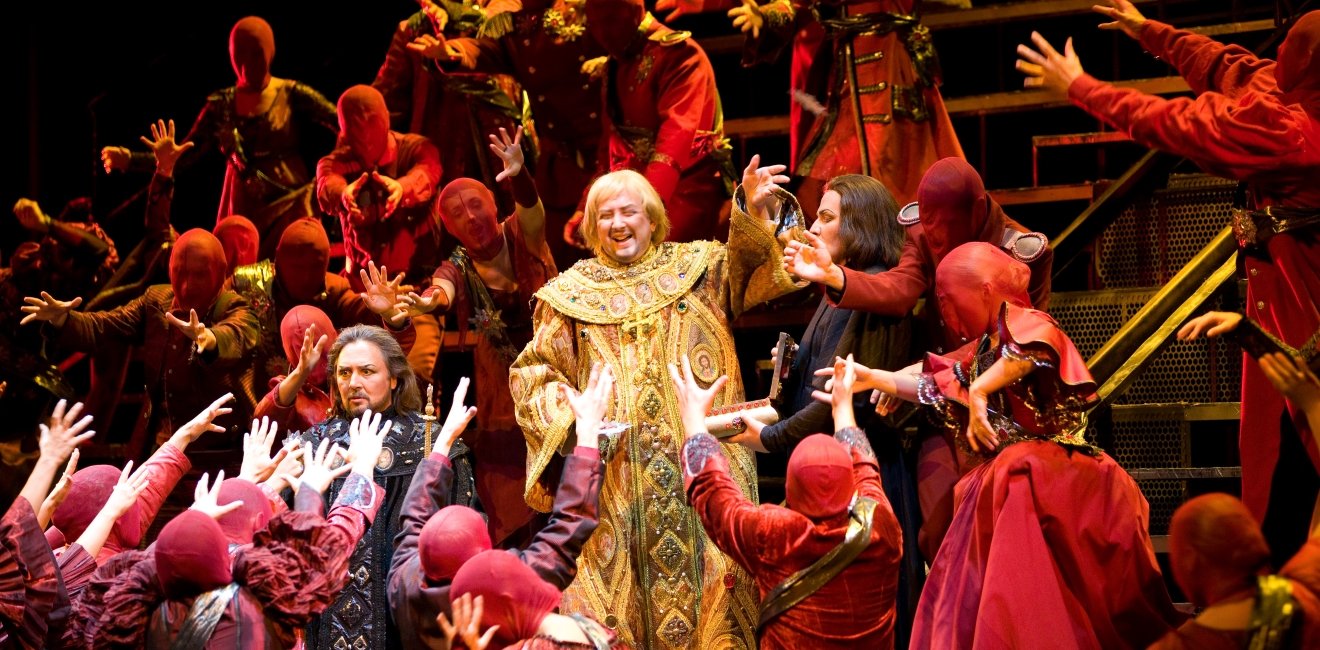
Moscow in 1990 was on a collision course with history. Within a year or so the country of which it was capital would no longer exist, taking entrenched elites, institutions and living standards with it. This future was already present. The city’s streets appeared empty both because there were few places to go and because folks from elsewhere had stopped coming to Moscow to shop. Rather, Muscovites headed off to other cities where nourishment was less expensive and more plentiful. Food disappeared from displays in most Moscow stores; though it was still possible to obtain minimum daily sustenance at work, private markets and from rationed goods still available at state stores. Prices were high, variety non-existent and any task took extraordinary time and effort.
The city literally was falling apart. People were exhausted, frustrated and had lost hope for improvement. Everyone seemed to have a horrid tale or two about two- to three-hour lines for such staples as butter or salt even though lines had shrunk with rationing. Many Muscovites viewed the era’s reformers as inept and everyone detested those still in power. Yet, for those with resources, the Moscow real estate market offered munificent spaces at a pittance. Musicians were cheap too. Among all the nightmares, dreams could be born.
Dmitry Bertman was a dreamer, and a fortunate one at that. As he writes on his personal web site: “I am a lucky guy, as so many of my dreams when a child, came true.” Those dreams were operatic.
From childhood, Bertman wanted to be part of opera. As the beloved director of the Odessa Operetta Theater Matvei Osherovskii once exclaimed, “Bertman came to the planet of Earth to devote himself to Opera....He knows opera, music, and languages since his childhood. He is a great pianist and knows everything about singing….In him musical and theatrical talents focus like rays of light in a lens.”
Bertman graduated from the Russian Academy of Theatre Arts, where he now is a faculty member. At the age of twenty-three, he established his own opera company--the Helikon Opera--in far off Syktyvkar, forestry center and capital of the Komi Republic eight hundred miles northeast of Moscow. Bertman named his new company “Helikon” after the Ancient Greek mountain that was home to the Muses and site of the pond in which Narcissus became transfixed by his own beauty.
Months later he brought his show to Moscow. He became music theater director of the Elizabet Buhne Theatre in Salzburg, Austria that same year--1990--and has been presenting opera at major theaters across Europe ever since. The Helikon, which became a state company in 1993, remains his paramount passion.
Bertman has sought to bring psychological realism and outstanding acting to the opera stage without diminishing the musical quality of a performance; and to do so while presenting new interpretations of nineteenth century classics together with lesser-known works from the Russian and European repertoire. His emphasis on acting necessitated a strong connection between performer and audience. Accordingly, he favors performances on smaller stages and at non-traditional venues. There is nothing “grand” about Bertman’s opera even when the operas being performed and the actors who are performing them might appear with regularity at the world’s grandest opera houses. In 2015, for example, Helikon joined with the Moscow State Philharmonic Orchestra to stage Anton Rubinstein’s 1871 opera “Demon” with international stars Dmitry Khvorostovsky, Asmik Grigorian, Alexander Tsymbalyuk and Evgeny Svetlanov.
To realize his dream Bertman required a venue, performers and audiences. The collapse of the Soviet Union facilitated his quest.
Taking advantage of Moscow’s disintegrating economy, he secured control of a lovely eighteenth century nobleman’s house up the hill from the Moscow Conservatory in the very heart of Moscow. Dating from the 1730s, the Shakhovskoy-Glebov-Streshnev mansion on Bolshaya Nikitskaya is among the few aristocratic homes remaining in Moscow. Once the mansion was in his hands, he was able to carve out two auditoria, one seating just 250 and the other 70.
Eventually, the Helikon Opera rescued a neoclassical columned auditorium added in the nineteenth century, redeeming it from a Soviet-era tattered-yet-stately condition following decades of use by the USSR Union of Cultural Workers. Helikon created just the right room to host intimate opera performances.
The building would undergo major renovations between 2007 and 2015 during which time the opera was housed in one of the tawdry Khrushchev-era office buildings along Novyi Arbat once thought to have symbolized Soviet modernity. As before, the now renovated elegant state-of-the art mansion facility retains both a larger 250 seat hall and a smaller auditorium for chamber productions.
Bertman’s company benefited from the depressed wages of the post-Soviet collapse. He was able build a company of world-class performers desperate for any paying job. Beginning with seven colleagues, Bertman has grown the company to over 350 artists, musicians and administrators today; including some of Russia’s premier opera singers. Many of these performers have come from Bertman’s studios and training programs and share his dedication to acting excellence on the opera stage. To sustain these efforts, Helikon performs frequently--over 200 times a year--and tours abroad regularly where the company has won high praise and recognition.
Central to Bertman’s vision has been an audience that embraces his view of opera as combining psychological depth, high-quality acting and superb singing. Realizing that his company could fill the seats with opera aficionados for only a performance or two at a time, Bertman set out to expand the company’s audience to include many who never considered themselves to be fans of opera. He did so through innovative performances and enhanced accessibility both within his own theater and in public spaces around the city.
Bertman brought new energy to old standards. His staging of Bizet’s “Carmen” is filled with sex and drugs as the action is set in a burned-out carcass of an automobile; the costumed cast of Johan Strauss’s “Die Fledermaus” greets the audience in the theater’s grand staircase entrance as if welcoming everyone to an enchanting masquerade-ball; Tchaikovsky’s “Eugene Onegin” is performed in high 1920s costumes.
In other instances, Bertman focuses on little-known and rarely performed works by famous composers, always doing so with a special dollop of the unexpected. In the mid-1730s as coffee was becoming all the rage in Germany, Johann Sebastian Bach wrote a cantata about the beverage evidently as a way of paying lighthearted homage to the habitués of Zimmermann’s Coffee-House. In the hands of Helikon, Bach’s “Coffee Cantata” becomes a one-act opera set in an appropriately delightful café as the cast compares life’s various pleasures unfavorably to that of a good cup of coffee—all while preparing demitasse and espresso and serving the members of the audience.
Bertman reaches into popular culture for inspiration working with the company to produce completely new works. In some instances--such as a celebration of George Gershwin--the performance draws on the more serious side of twentieth century popular culture. In others, such as “Cartoons-Opera,” the company presents a concert program featuring beloved songs from children’s films; while their production “Back in the USSR!,” another concert program featuring popular Soviet-era mass song, draws on the pull of nostalgia to attract new audiences who otherwise probably never would have considered attending an opera performance.
Bertman has fulfilled his dream of a life in opera and much more. He has elevated acting standards and expanded the psychological depth of opera performances without devaluing theirmusical quality. He has done so by leveraging the harsh realities of social collapse at the time of the fall of the Soviet Union, converting them into assets for extending the reach of his beloved opera. He has emboldened opera as an art by creatively engaging a wider public rarely seen at its performances. In accomplishing all of these achievements he has unambiguously reinvigorated the art of opera.
Artistic Visionaries and Community Creators
The power of the performing arts to nurture inclusive communities has been praised widely in recent years; so much so that “creative placemaking” is now seen as a powerful tool in community development. The supportive role of community in fostering artistic innovation is less acknowledged. This series highlights the work of visionaries for whom creating communities of students, protégés, audiences, and donors has become a strategic element in transforming their arts.
Author

Former Wilson Center Vice President for Programs (2014-2017); Director of the Comparative Urban Studies Program/Urban Sustainability Laboratory (1992-2017); Director of the Kennan Institute for Advanced Russian Studies (1989-2012) and Director of the Program on Global Sustainability and Resilience (2012-2014)
Explore More in Artistic Visionaries and Community Creators
Browse Artistic Visionaries and Community Creators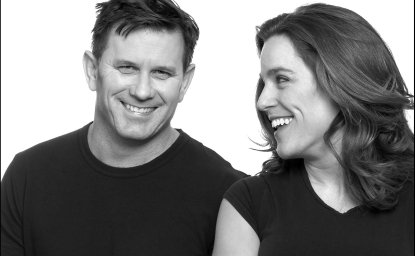
Mark and Susan Marie Rhea and Irish Theater
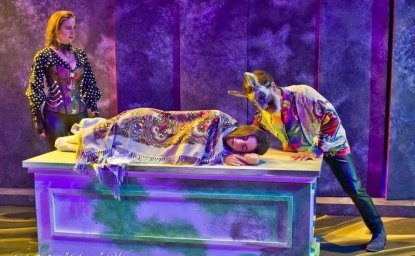
Hugo and Rebecca Medrano and Hispanic Theater
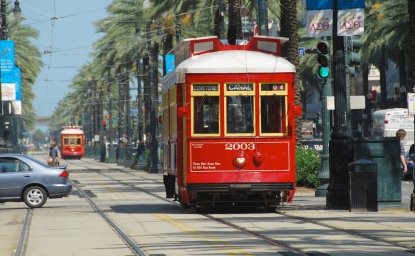
Andrew Kingsley, Andrew Vaught and Social Impact Theater
